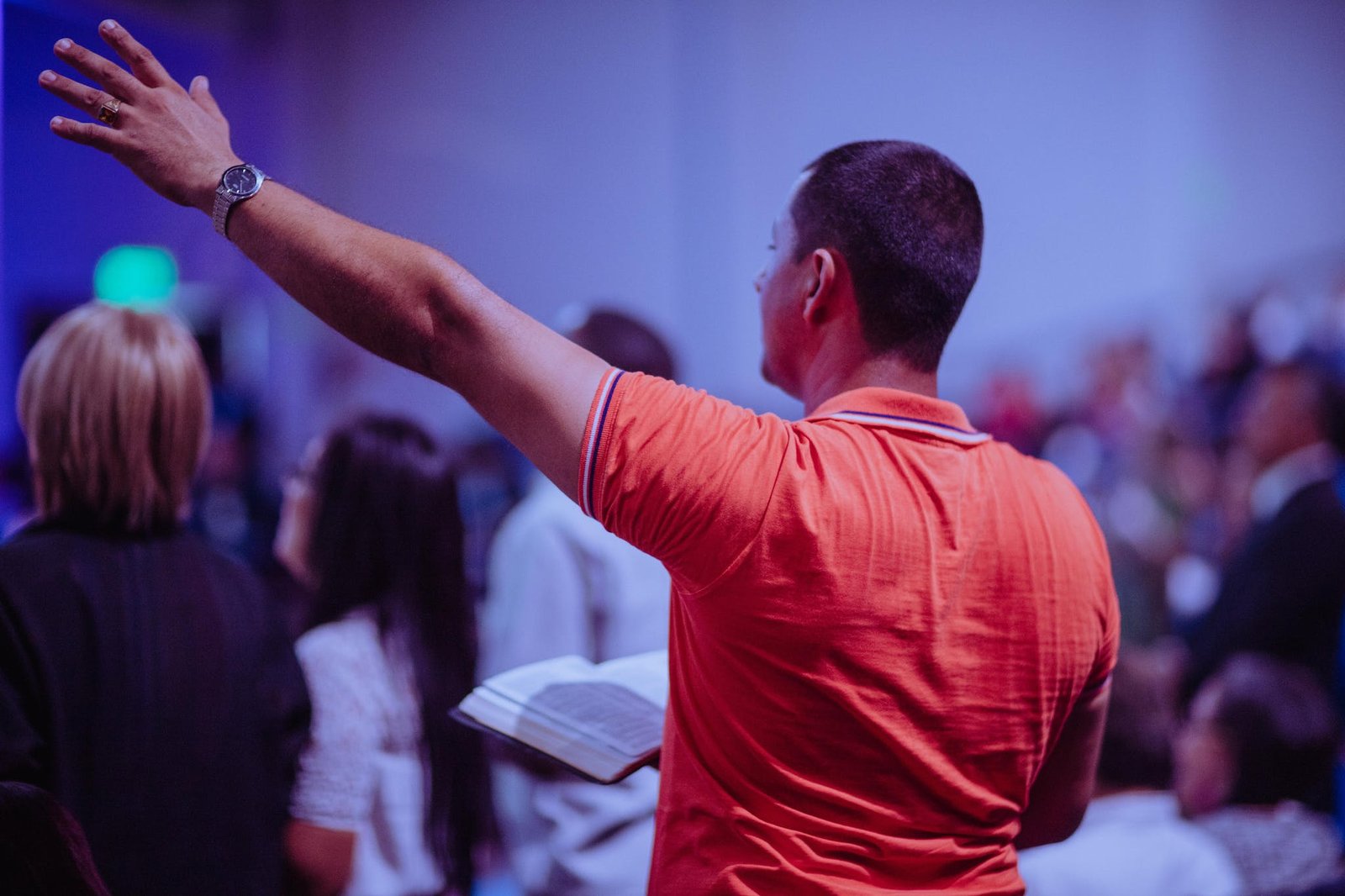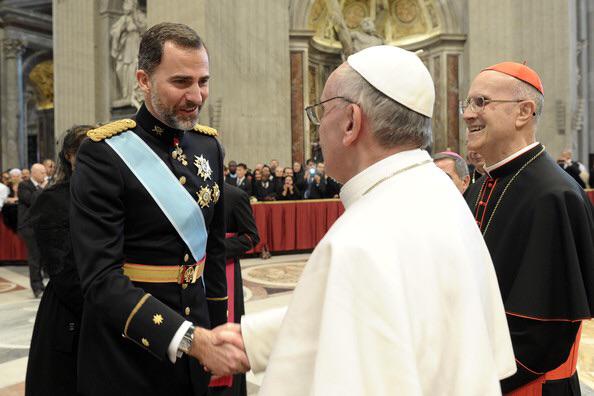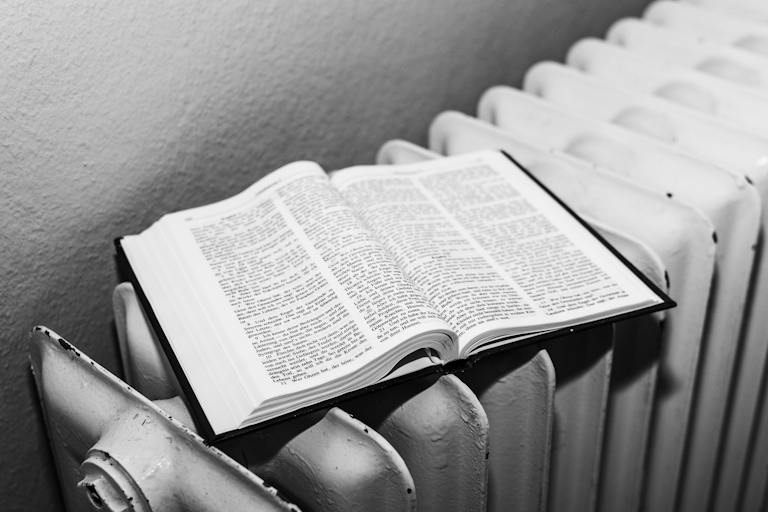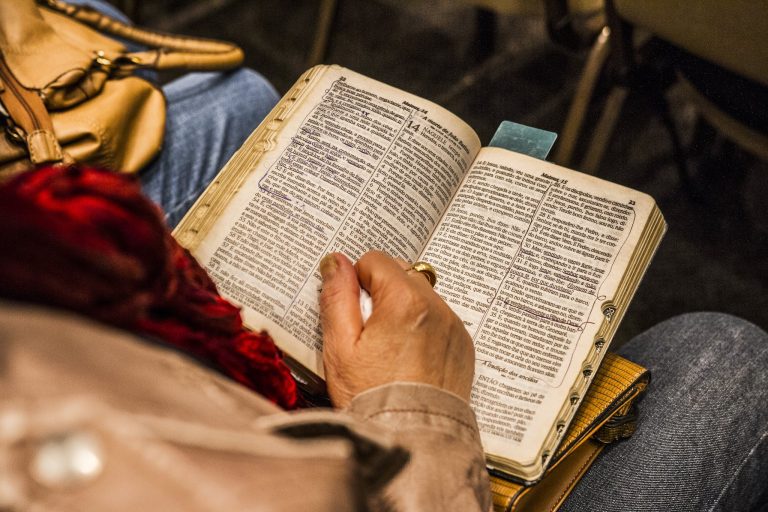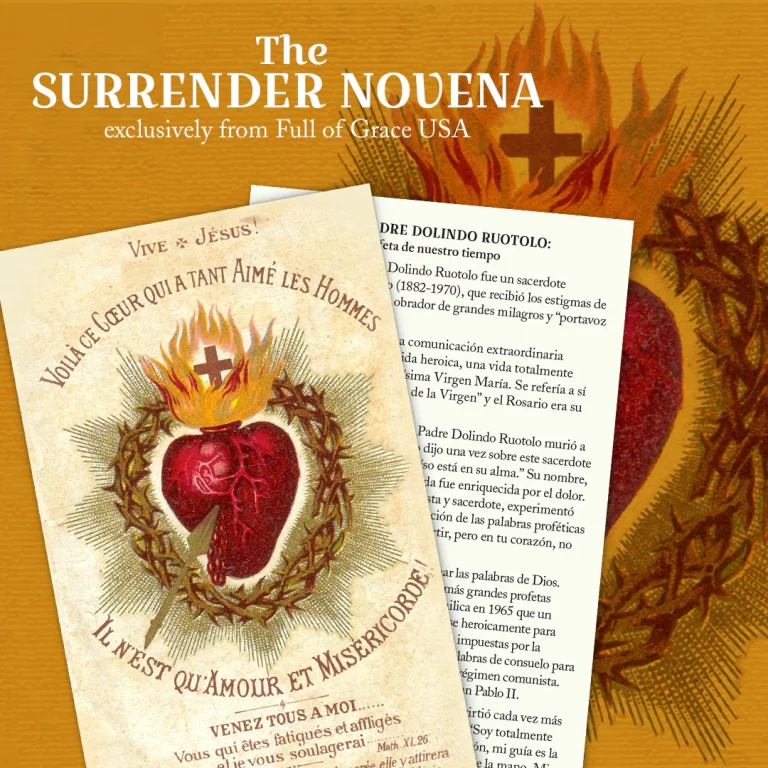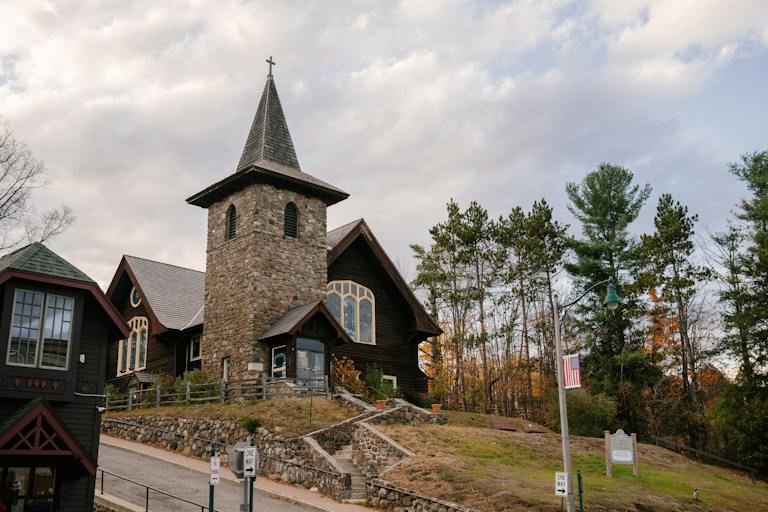What is a Cantor in the Catholic Church? Role and Qualification
A cantor is a trained singer and leader of liturgical music in the Catholic Church. The cantor helps facilitate and enhance the congregation’s singing and participation in liturgies and worship services. The role dates back centuries and is an important liturgical ministry in the church.
History and Origins
The role of the cantor originated in the Jewish faith, where it was an important position in worship services, usually executed by a trained member of the Levite tribe. Early Christians adapted components of Jewish worship, including the tradition of cantors, into their religious services.
By the 4th century AD, the responsibilities of cantors had become more defined. Cantors often sang psalms and chants in a responsorial style, alternating sung passages between themselves and the congregation. The cantor provided musical leadership and facilitated the responses and participation of worshipers.
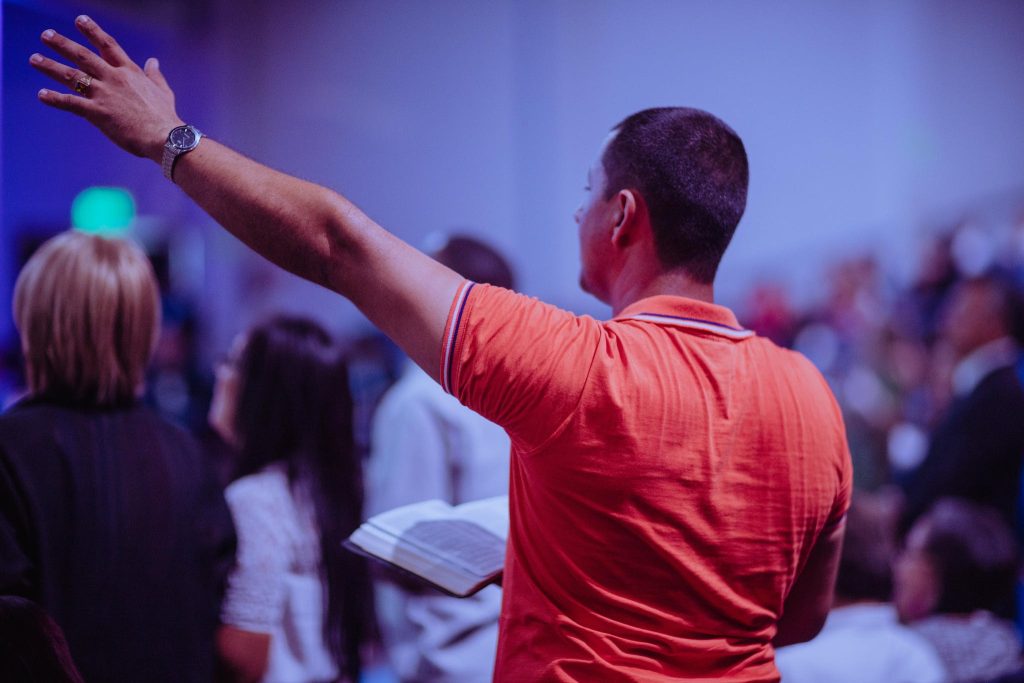
Responsibilities and Duties
The primary responsibility of a cantor is to lead music during Catholic Mass and other liturgies. They intone the opening chants and psalm responses, lead the congregation in hymns and responses, chant prayers, and sing various mass parts.
Some specific duties include:
Intoning Opening and Closing Songs
The cantor begins important processional songs like the entrance and communion hymns. Their leadership cues the congregation when to begin singing.
Chanting Scripture and Psalms
Cantors chant assigned Scripture readings and lead the assembly in singing the Responsorial Psalm. Their solo chant alternates with the congregation’s sung response.
Leading Litany Prayers
During some services, like ordinations, the cantor leads groups of petitions followed by a congregational response.
Singing the Gospel Acclamation
Before the priest or deacon proclaims the gospel reading, the cantor leads the assembly in singing an acclamatory hymn, greeting Christ in his word.
Executing Other Vocal Parts
Depending on the music being performed, the cantor may sing other Mass parts like the Gloria, Sanctus, or Agnus Dei.
In executing their duties, the cantor serves as a musical guide for the congregation’s full participation in singing. They model appropriate volume, tempo, tone, and cheerfulness through their leadership.
Training and Qualifications
To effectively facilitate the musical dimension of Catholic worship, cantors receive thorough training. While requirements vary by diocese and parish, cantors typically possess musical expertise and liturgical knowledge.
Typical qualifications include:
Formal Musical Training
Most cantors have studied music extensively and understand music theory, notation, rhythm, phrasing, vocal techniques, and sight reading.
Vocal Skills
They have developed proper breath support, precise pitch, clear tone, vocal flexibility, and good volume control through voice lessons and solo experience.
Liturgical Understanding
Cantors learn the relevant chants, hymns, acclamations, and responses for each part of the Mass and church year seasons. They understand liturgical principles and structure.
Theology Background
Since public prayer leadership is also a theological role, cantors have a foundational education in Scripture and Catholic doctrine.
Many parishes audition cantors to assess their musical leadership gifts and liturgical grasp. Ongoing training refines skills and expands the repertoire.
Types of Cantors
Parishes often develop multiple cantors with complementary skills and availability to lead music ministries.
Professional Cantor
Some large parishes employ a professionally trained music minister as a cantor to lead music full-time. They possess advanced expertise from academic credentials and experience.
Volunteer Cantor
Smaller communities rely on volunteer cantors without formal music degrees but with enough proficiency from school or private instruction. Volunteers deeply value liturgical music service.
Occasional Cantor
Youth cantor programs allow skilled young parishioners to cantor at designated family-oriented Masses. Teens deepen musical gifts and liturgy understanding through leadership experience.
Significance and Impact
Though not a sacramental role, the cantor holds an important liturgical function. Cantors help worshippers “sing wisely, pray twice” as St. Augustine expressed regarding singing’s transcendence. Their leadership inspires communal union with God through music and facilitates a deeper reception of sacred rites. Prayer intensification through singing also builds the unity of believers as the Body of Christ.
For centuries, cantors have helped the faithful offer melodious praise and captive hearts to God. Their spirit-stirring ministry continues uplifting worship and glorifying the Creator today.

